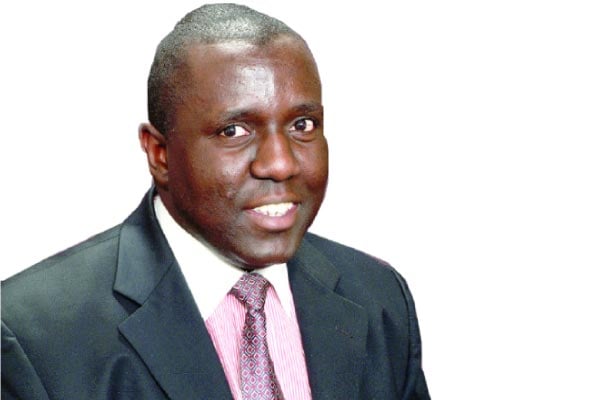Public officials convicted of graft should be removed from office

Mr Lwamafa, the convicted former permanent secretary at the Public Service Ministry
Section 46 of the Anti-Corruption Act 2009, states that a person, who is convicted of an offence under the Act “shall be disqualified from holding a public office for a period of 10 years from his or her conviction.” In essence, all public officials convicted of corruption (under the Anti-Corruption Act) should be immediately removed from office and the payroll.
The spirit of this provision is not only to safeguard public resources from being squandered on corruption convicts, but also to act as a deterrent measure for public officials and for them to vacate office and create room for fresh recruitment.
The practice has, however, been disturbingly different as hundreds of convicted public officials still remain on the payroll, as a result of inaction by some accounting officers.
In other cases, some public officials convicted of corruption have returned to their jobs after serving their prison sentence or paying a fine. This contravenes the Anti-Corruption Act and encourages impunity.
According to information from the Directorate of Public Prosecutions (DPP) and the Inspectorate of Government (IG) on convicted public officials, the most non-compliant institutions have been; the Uganda Police Force, several health centres and the district local governments of Kayunga, Mbarara, Kisoro, Nwoya and Isingiro.
This inaction by accounting officers is costing government millions of shillings monthly in salaries to convicted officials. One wonders why someone convicted of corruption continues to earn a salary.
The lack of action by accounting officers to remove convicted public officials from office and the payroll also raises suspicion of collusion, and casts doubt on their willingness to fight corruption.
Much as efforts have been initiated, including the closed case referral form used by the DPP, IG and Service Commissions in sharing information on concluded corruption cases, a lot more is still desired, especially on compelling accounting officers to comply.
Even in scenarios where corruption cases are withdrawn or dismissed against public officials, appropriate disciplinary action should also be taken as a deterrent measure. This can be made easier through increased information and coordination among the responsible agencies.
It is imperative that all responsible agencies work together to identify and remove convicted officials from the payroll. With the economy in a slump and government looking for resources to address increasing financial demands, such nugatory expenditures should be minimised.
Cissy Kagaba,
Works with the Anti-Corruption Coalition Uganda




